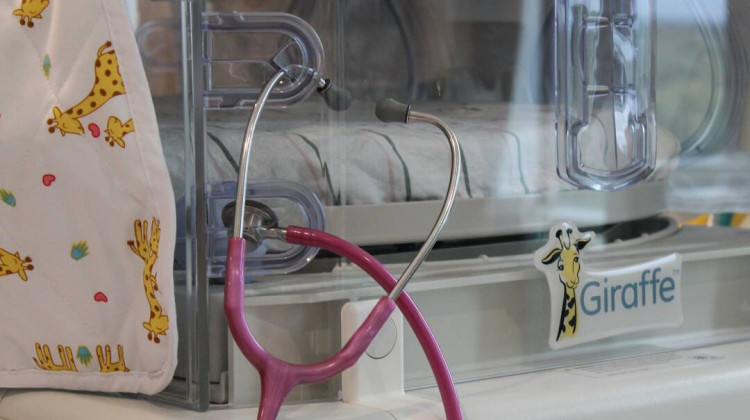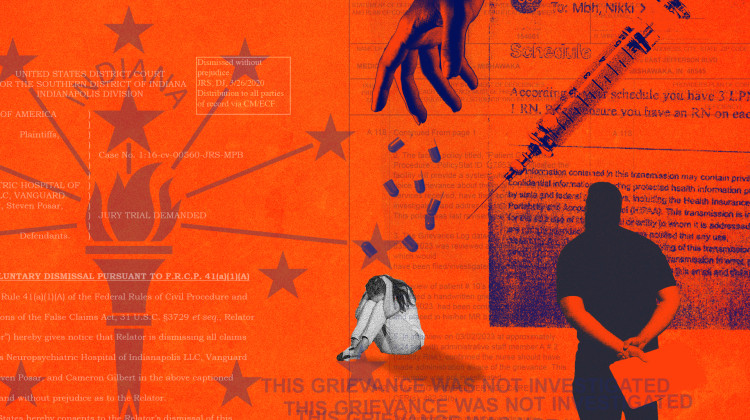
More than 60,000 people in Indiana live with a rare bleeding disorder, and most are unaware that they have it.
More than 60,000 people in Indiana live with a rare bleeding disorder, and most are unaware that they have it.
Kimber Blackwell and her 14-year-old daughter, Kate, of Fortville, Indiana, share the often-underdiagnosed inherited condition known as von Willebrand Disease — caused by low levels of clotting protein in the blood.
Both recently participated in Washington Days, hosted by the National Hemophilia Foundation, to raise awareness and ask lawmakers to increase funding to support research and improve access to care.
“The bill that we are asking support for in Washington is the HELP Copays Act. It’s in the House and it's HR 5801,” Blackwell said.
Blackwell is a physician assistant at the Indiana Hemophilia and Thrombosis Center in Indianapolis – one of the nation’s largest hemophilia treatment centers. She worked with patients with rare bleeding disorders for years until she realized that her symptoms matched those of VWD, and she was finally tested and diagnosed.
Blackwell's not alone. A recent CDC survey found there was an average of 16 years between the onset of bleeding symptoms and diagnosis of a bleeding disorder in women living with VWD.
The legislation, introduced by Reps. A. Donald McEachin (D-VA) and Rodney Davis (R-IL), would apply additional payment, discounts, and other financial assistance towards the cost-sharing requirement of health insurance plans.
“This critical bipartisan legislation will prevent health plans from implementing programs that are creating significant treatment access barriers,” Dr. Leonard A. Valentino, president and CEO of the National Hemophilia Foundation, said.
Twelve states – Arkansas, Arizona, Connecticut, Georgia, Illinois, Kentucky, Louisiana, Oklahoma, North Carolina, Tennessee, Virginia, West Virginia – and Puerto Rico have enacted such laws.
 DONATE
DONATE






 Support WFYI. We can't do it without you.
Support WFYI. We can't do it without you.